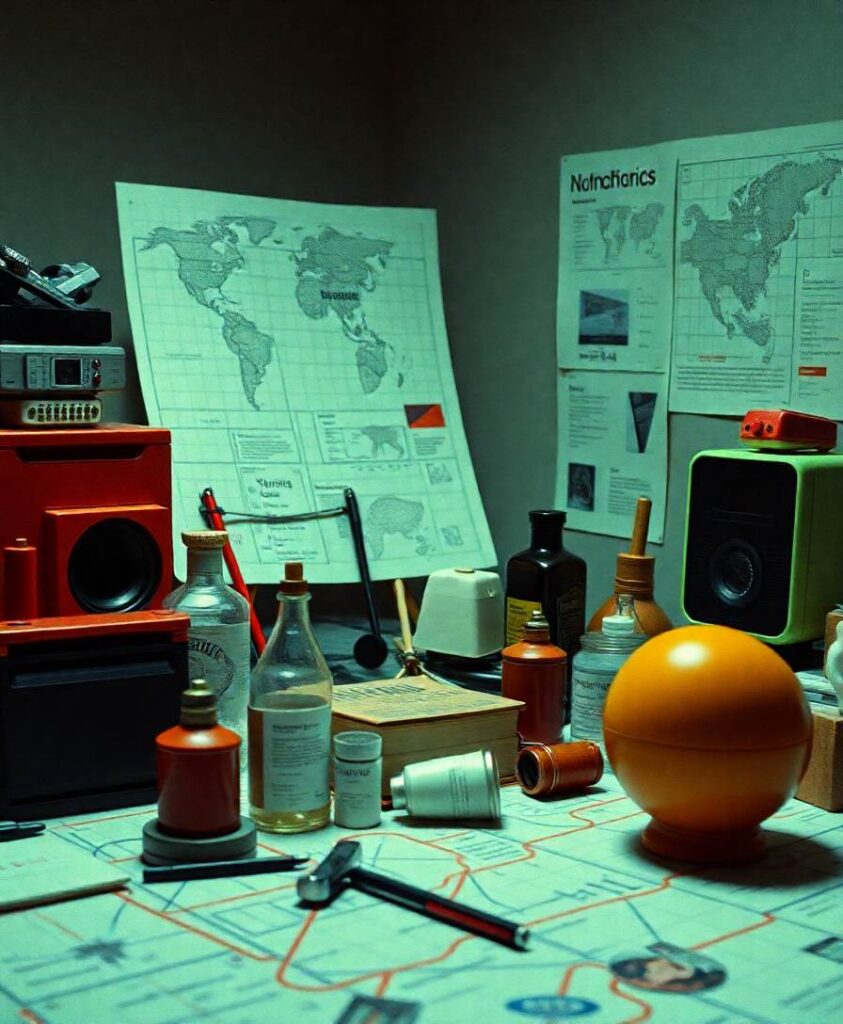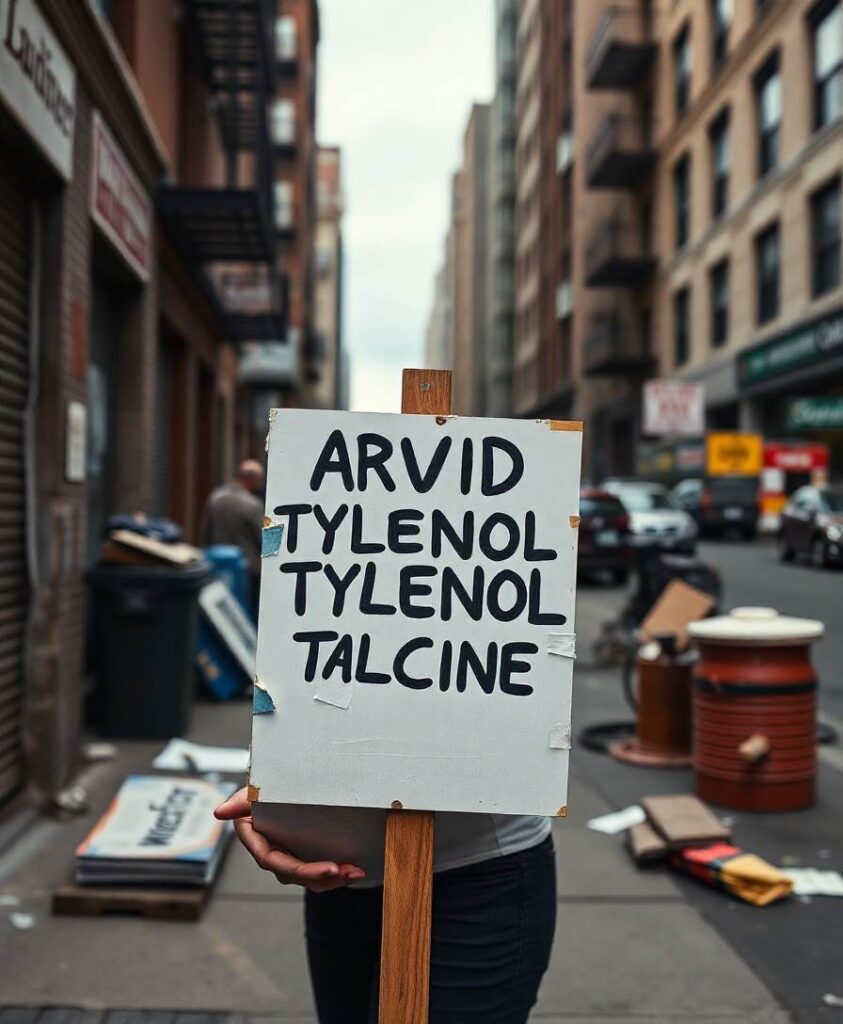Ready or not, here it comes! Just like we assess our risk of missing a bus during rush hour or getting drenched in the rain, it turns out we should also be evaluating our risk of breast cancer, especially for the ladies! The American College of Radiology is raising the alarm and suggesting that women should have a breast cancer risk assessment by the tender age of 25. It’s like taking a deep dive into a crystal clear pond to check if there are any hidden ripples. These assessments will help determine whether mammograms should start earlier or if there are any additional preventative strategies that need to be implemented. By catching potential signs of trouble early on, we can have more control over this sneak attack that affects so many lives. Want to know more about the study? Dive in deeper and take a closer look!



